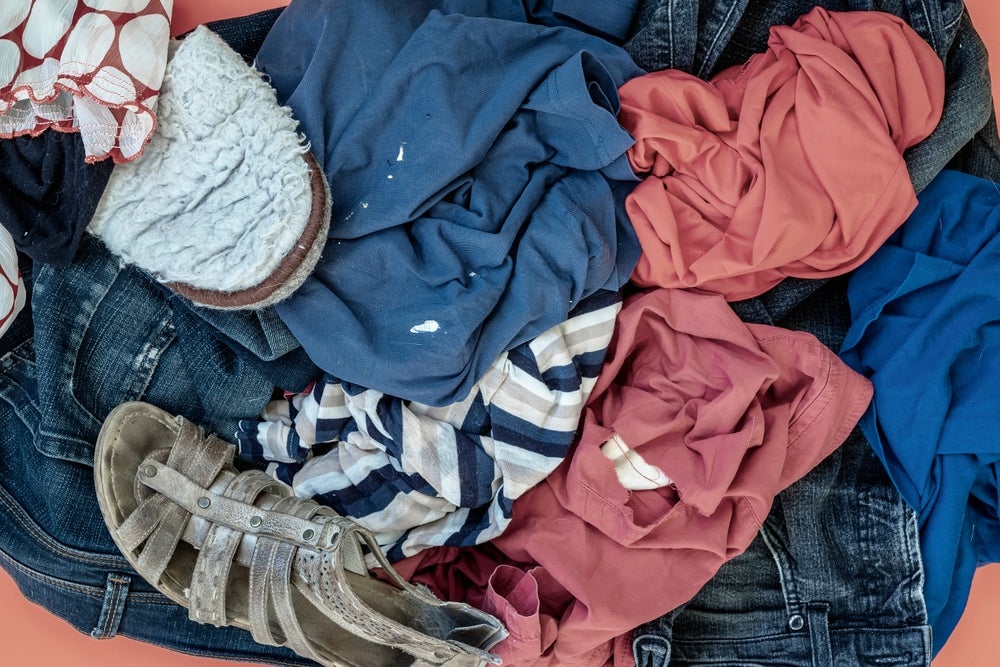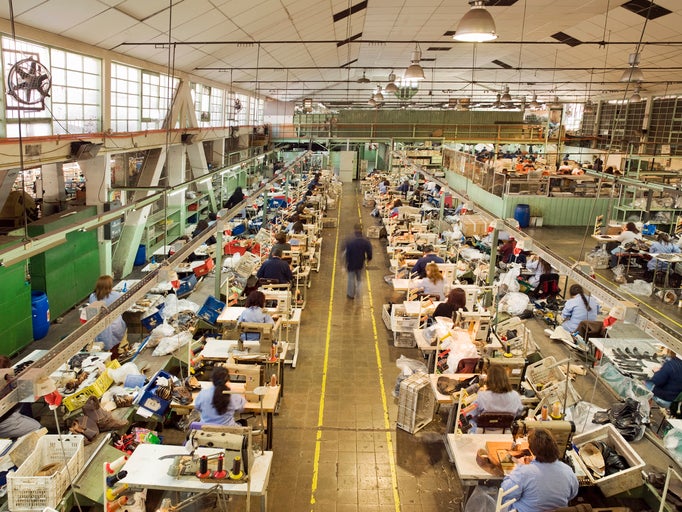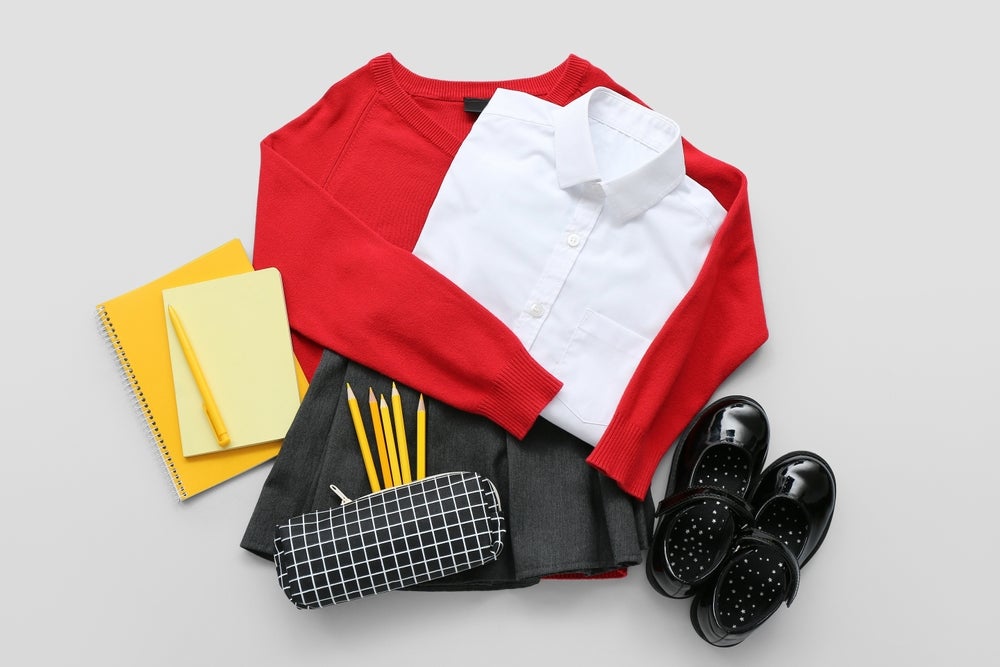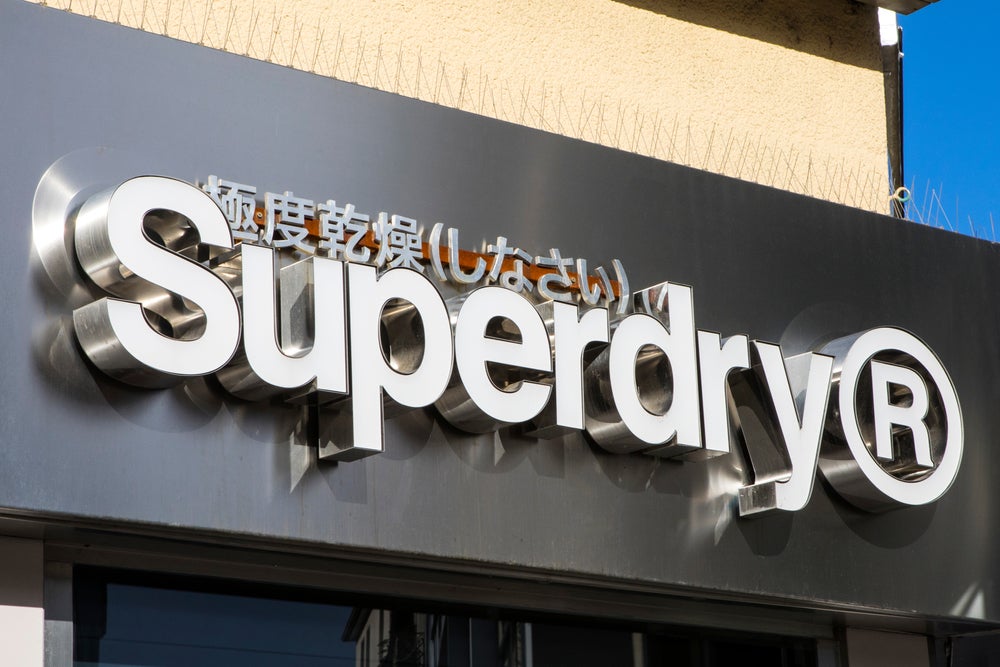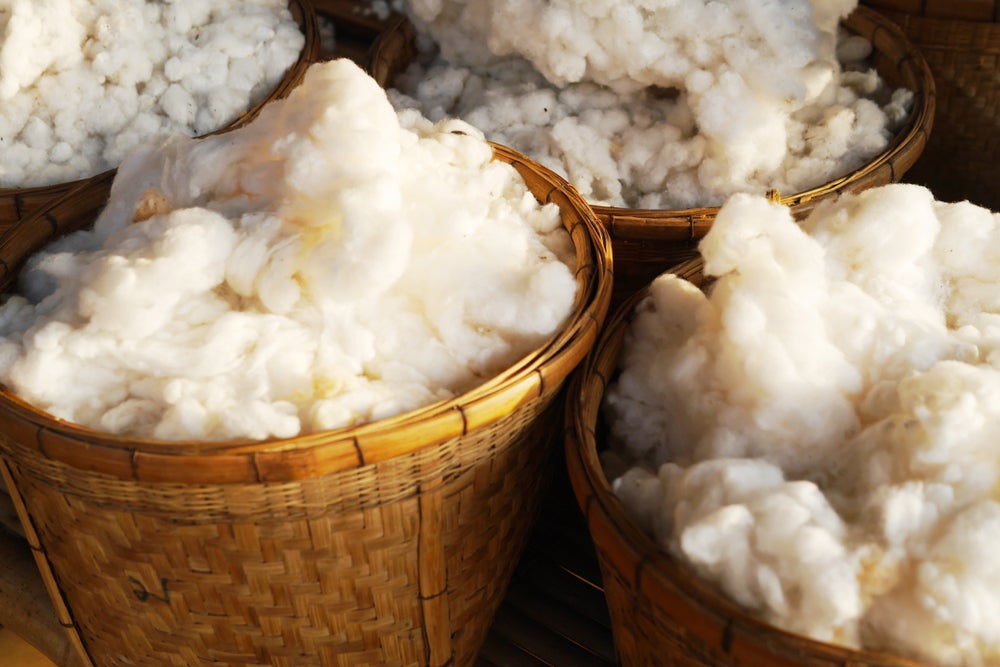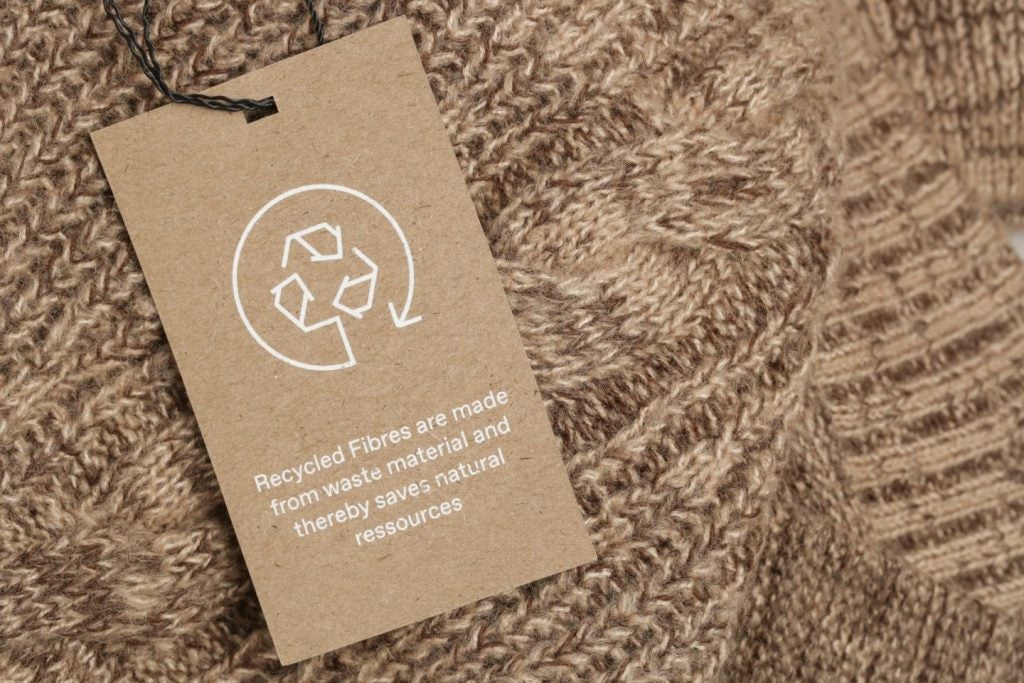Carbios' textile preparation line aims to optimise the sorting and preparation of textiles, especially those with challenging components like zips and buttons, resulting in higher yields and accelerating bio-recycling in the industry.
The biochemistry researcher has developed a highly selective enzyme capable of depolymerising polyester in textile material, which is a challenging task due to the complex nature of textiles.
Enzymatic recycling not only contributes to establishing a textile recycling chain but also promotes textile circularity and allows brands to reduce their reliance on virgin materials.
Key information about the textile preparation line:
- Textiles (used clothing or cutting scraps) are loaded onto the line, shredded, and have "hard points" (e.g., buttons, zips) removed, resulting in a material suitable for enzymatic recycling
- 300kg of textiles are processed per hour in a continuous process
- The patent was filed in 2023
According to Carbios, only 13% of textile waste is recycled globally, with a mere 1% undergoing "fibre-to-fibre" recycling. To address this pressing issue, the patented line streamlines the entire preparation process, encompassing shredding and the extraction of hard points such as buttons or fasteners.
This follows the announcement that starting from 1 January 2025, separate collection of textile waste will be mandatory in Europe, with the European Union targeting a minimum content of recycled fibres in textiles by 2030.
At the inauguration of the line, which took place in Clermont-Ferrand, France, Roland Lescure, French Minister for Industry explained that only 13% of textile waste is currently recycled worldwide, with the majority ending up in landfills or incineration. He said: “Carbios is contributing to the creation of a French recycling industry and providing a solution – cutting-edge and made in France – to what was until now a real obstacle to textile recycling.”
Emmanuel Ladent, CEO of Carbios, stressed the pivotal role of textile preparation in recycling, stating that without an effective preparation solution, textile recycling and circularity would not be possible. The output from Carbios' new preparation line is ready for direct integration into its bio-recycling process, enabling closed-loop "fibre-to-fibre" recycling, which it claims is in high demand from the brands they collaborate with.
The inauguration event was also attended by representatives of Carbios' partner brands, including On, Puma, and Salomon.
This innovation grants Carbios a scalable development tool and a platform to validate bio-recycling technology for textiles at a demonstration plant scale by 2024. It also equips Carbios with expertise in collaborating with the collection and sorting operators to ensure the quality of textiles and the necessary preparation steps for enzymatic recycling, which will be instrumental for eco-design initiatives by various brands.


